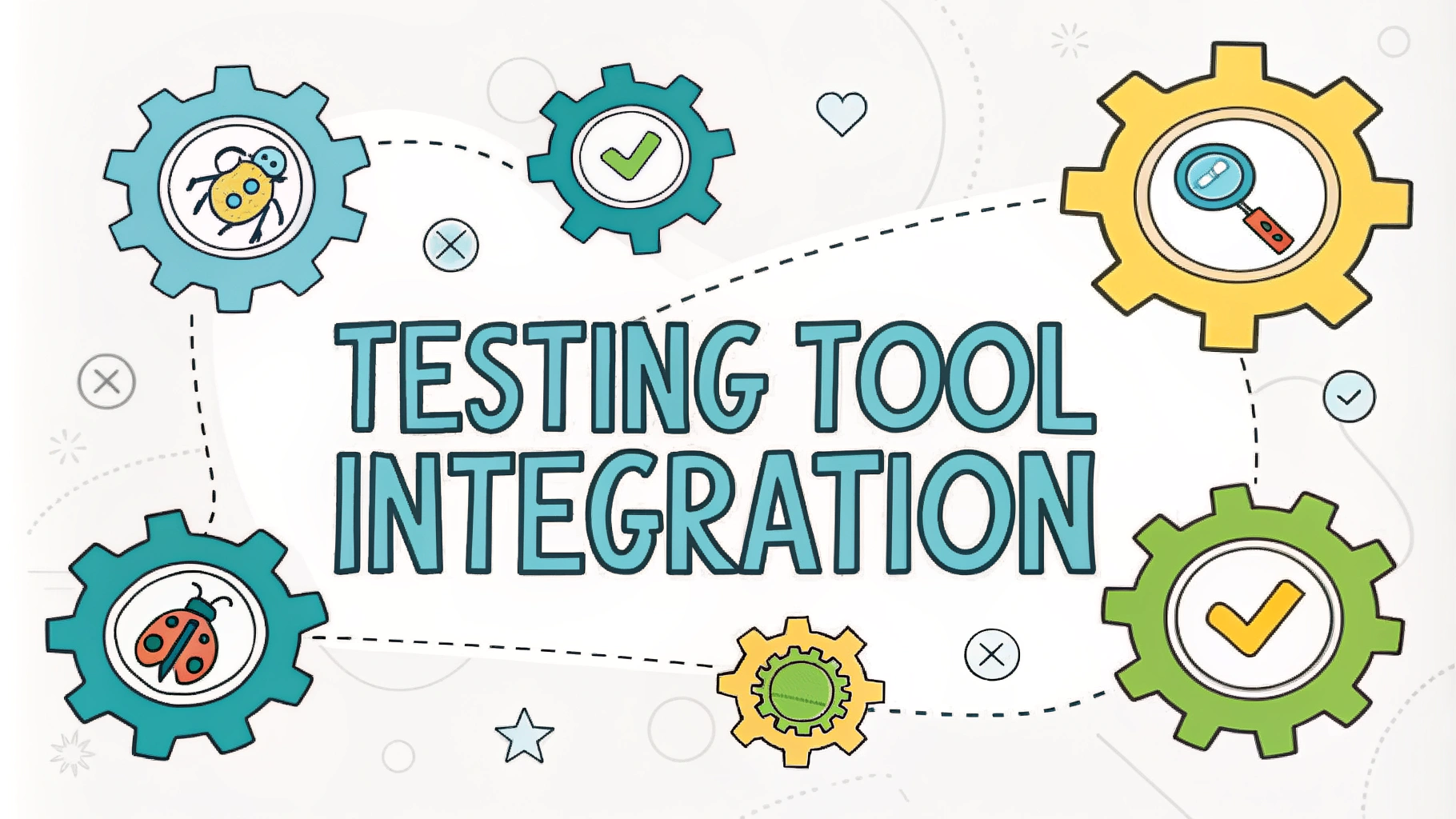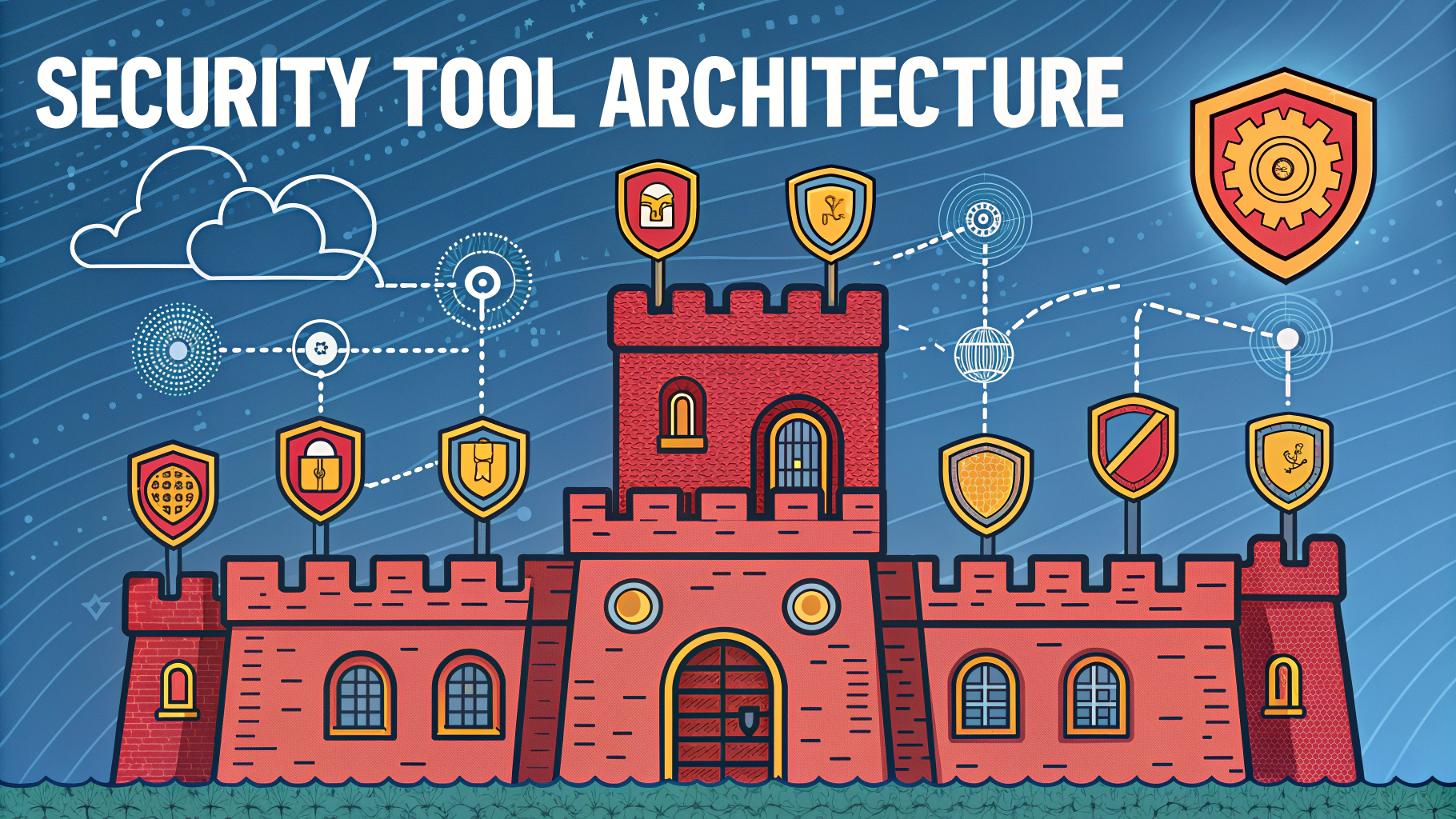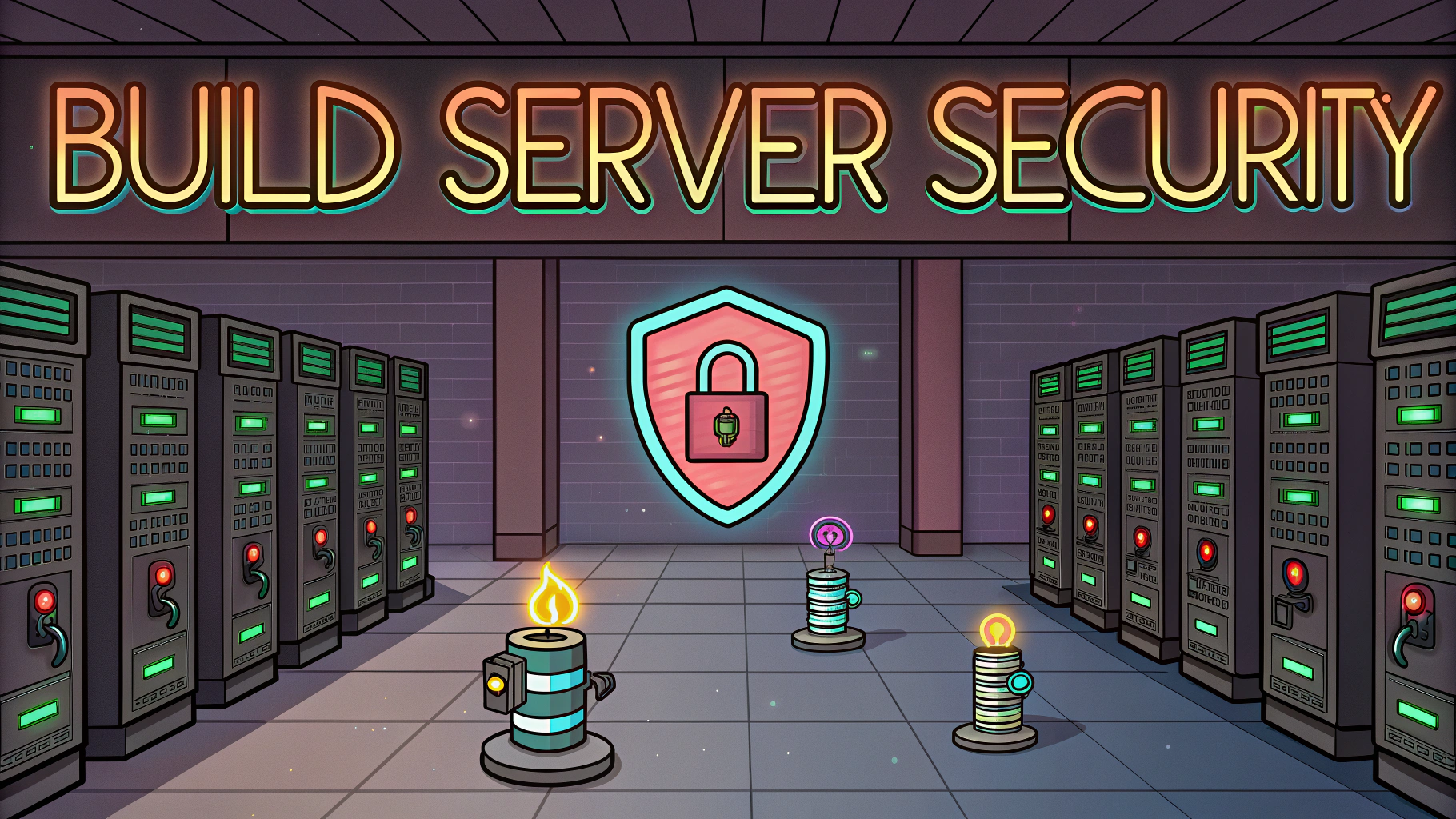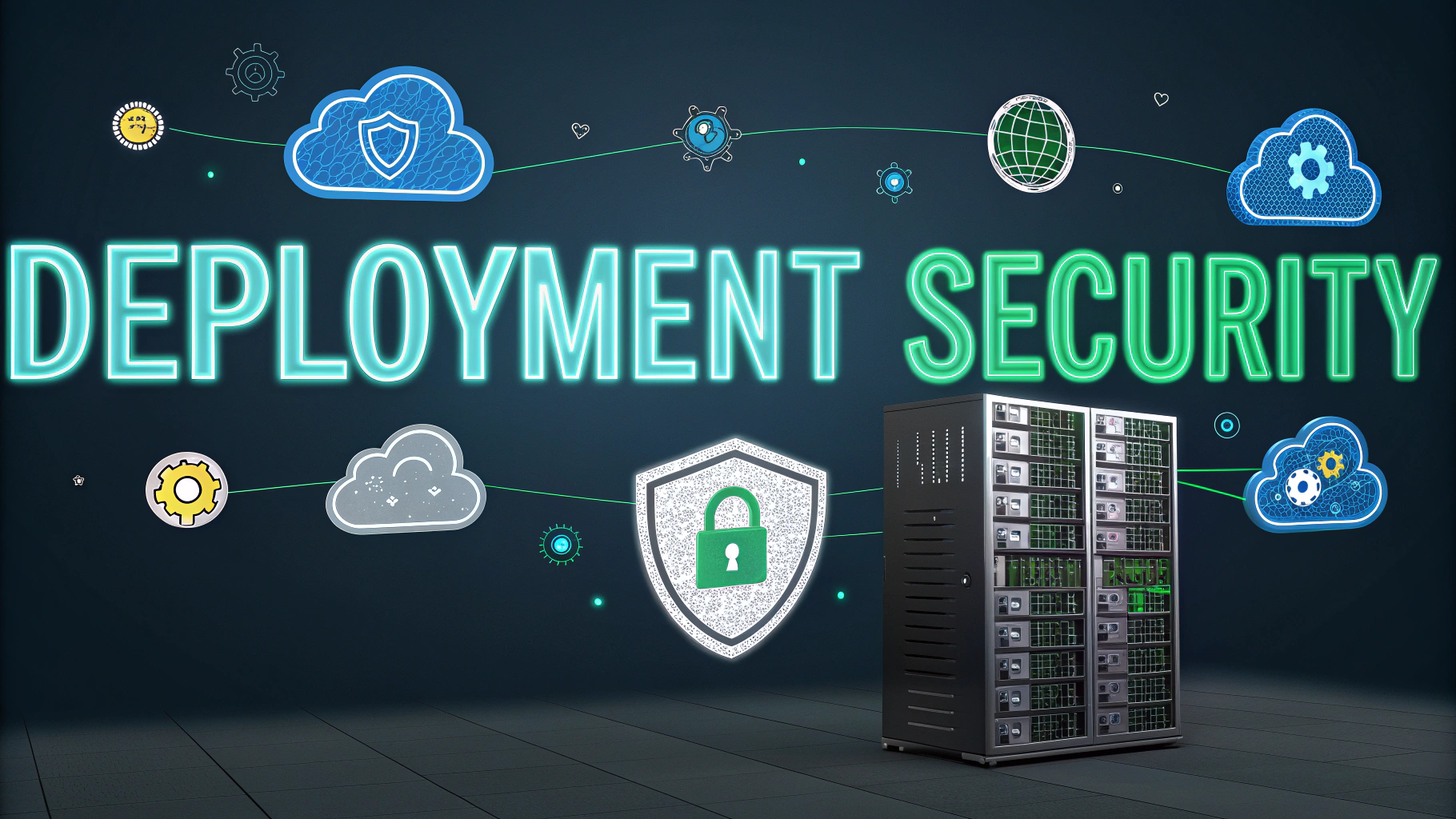Forum participation helps penetration testers share knowledge, learn from peers, and stay current with security developments.
Building a strong reputation in security forums requires consistent, valuable contributions while following proper etiquette and community guidelines.
This guide covers key strategies for engaging effectively in penetration testing communities while maintaining professionalism and ethical standards.
Choosing the Right Security Forums
- Offensive Security Community – https://forums.offensive-security.com/
- HackTheBox Forums – https://forum.hackthebox.com/
- SANS Penetration Testing – https://www.sans.org/community/
- Reddit r/netsec – https://www.reddit.com/r/netsec/
- Bugcrowd Forum – https://forum.bugcrowd.com/
Forum Participation Best Practices
- Search existing threads before posting new questions
- Use clear, descriptive titles for new threads
- Format code snippets properly using forum tags
- Avoid sharing exploits or malicious code
- Respect responsible disclosure policies
- Document your troubleshooting steps when asking for help
Building Your Reputation
- Answer questions within your expertise level
- Share write-ups of public CTF challenges
- Post detailed bug bounty reports (after disclosure)
- Create tutorials for common pentesting tools
- Participate in forum challenges and competitions
What to Avoid
Never request help with illegal activities or unauthorized testing.
Avoid sharing client information or details about private engagements.
Don’t post zero-day exploits or unpatched vulnerabilities.
Skip posting basic questions without research effort.
Contributing Effectively
| Do | Don’t |
|---|---|
| Provide detailed responses | Give one-word answers |
| Include references | Copy without attribution |
| Share personal experiences | Make unsubstantiated claims |
| Follow up on your posts | Abandon threads mid-discussion |
Growing Your Network
Connect with other professionals through direct messages when appropriate.
Join forum-specific Discord servers or IRC channels for real-time discussions.
Participate in forum meetups or security conferences mentioned in community sections.
Taking Your Skills Further
- Volunteer as a forum moderator
- Create educational content
- Mentor newcomers
- Organize community events
- Contribute to forum FAQs
Making Lasting Impact
Regular participation in security forums expands your professional network and keeps your skills sharp.
Focus on quality contributions that demonstrate expertise while helping others learn and grow.
Remember that forum interactions can lead to job opportunities and collaborative projects.
Measuring Forum Impact
- Track helpful post ratings and badges
- Monitor thread view counts
- Note direct messages from community members
- Document knowledge gained from discussions
- Keep record of successful problem solutions
Advanced Forum Strategies
Content Creation
- Start themed discussion series
- Create tool comparison threads
- Write methodology guides
- Share automation scripts
- Post case studies
Community Leadership
- Lead study groups
- Coordinate CTF teams
- Review others’ write-ups
- Manage topic-specific subforums
- Initiate knowledge exchanges
Forum-to-Career Growth
| Activity | Professional Benefit |
|---|---|
| Technical write-ups | Portfolio building |
| Problem solving | Practical experience |
| Community leadership | Management skills |
| Tool tutorials | Teaching abilities |
Empowering Security Communities
Active forum participation strengthens the entire security community while developing individual expertise.
Quality contributions create lasting resources that benefit future security professionals.
Successful forum engagement combines technical knowledge, communication skills, and community mindfulness.
FAQs
- What are the basic rules for participating in penetration testing forums?
Never share illegal tools, exploits, or malware. Always respect responsible disclosure policies. Don’t request help with unauthorized testing. Use proper language and maintain professional conduct. - How should I format my technical questions in pentesting forums?
Include your testing environment details, steps already taken, error messages, and specific tools used. Use code blocks for commands/scripts, and clearly state what you’ve already researched. - What information should I never share in penetration testing forums?
Client data, real IP addresses, credentials, personally identifiable information, zero-day exploits, or details about active security vulnerabilities that haven’t been disclosed. - How do I properly share my penetration testing findings?
Sanitize all sensitive data, remove specific target information, focus on methodology and technical details, and ensure you’re not violating any NDAs or confidentiality agreements. - What documentation should I provide when asking for help with a pentest tool?
Tool version, operating system, exact error messages, configuration settings, and any modifications made to default settings. Include relevant log outputs and command-line parameters used. - How do I verify if a forum is legitimate for penetration testing discussions?
Check if the forum has clear rules against illegal activities, verify if it’s recognized by the security community, and ensure it has active moderation and professional participants. - What should I do if I discover a critical vulnerability through forum discussions?
Follow responsible disclosure protocols, contact the affected vendor directly, and don’t share vulnerability details publicly until a patch is available. - How can I contribute meaningfully to penetration testing forums?
Share your documented research, write detailed write-ups of legal testing, help others with technical problems, and participate in tool development discussions. - What are the consequences of sharing illegal content in pentesting forums?
Account bans, possible legal consequences, damage to professional reputation, and potential criminal charges depending on jurisdiction and severity. - How should I handle disagreements in forum discussions?
Stay professional, support arguments with technical evidence, avoid personal attacks, and be open to different methodologies and approaches.







